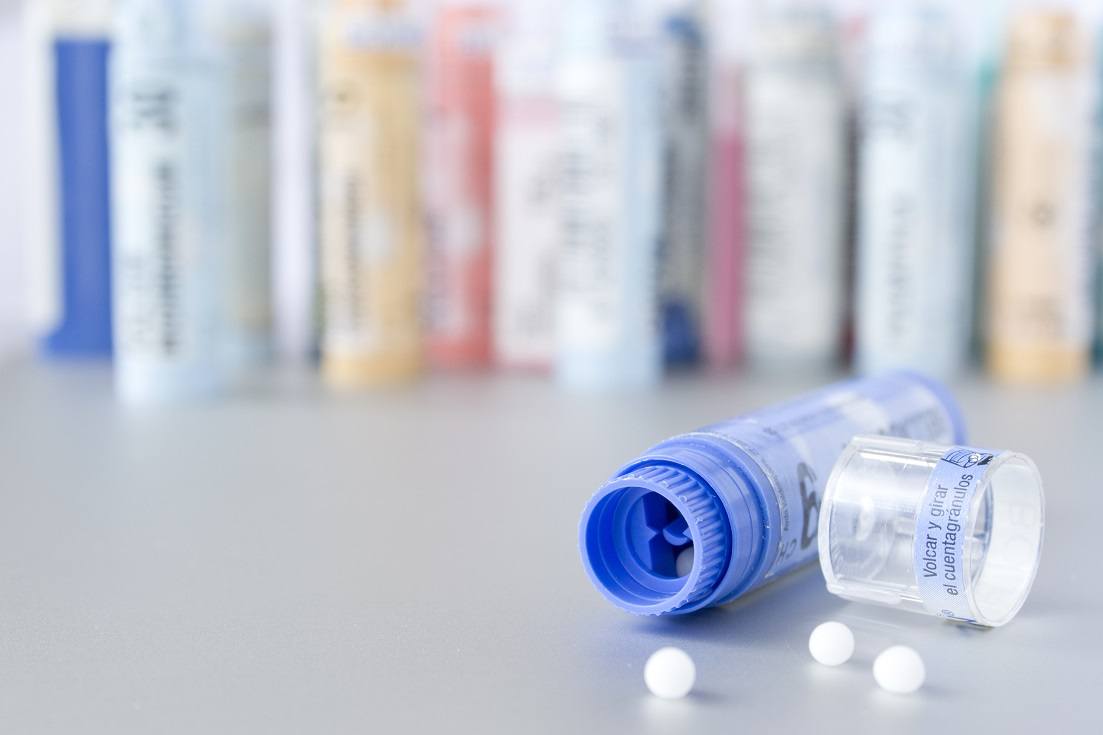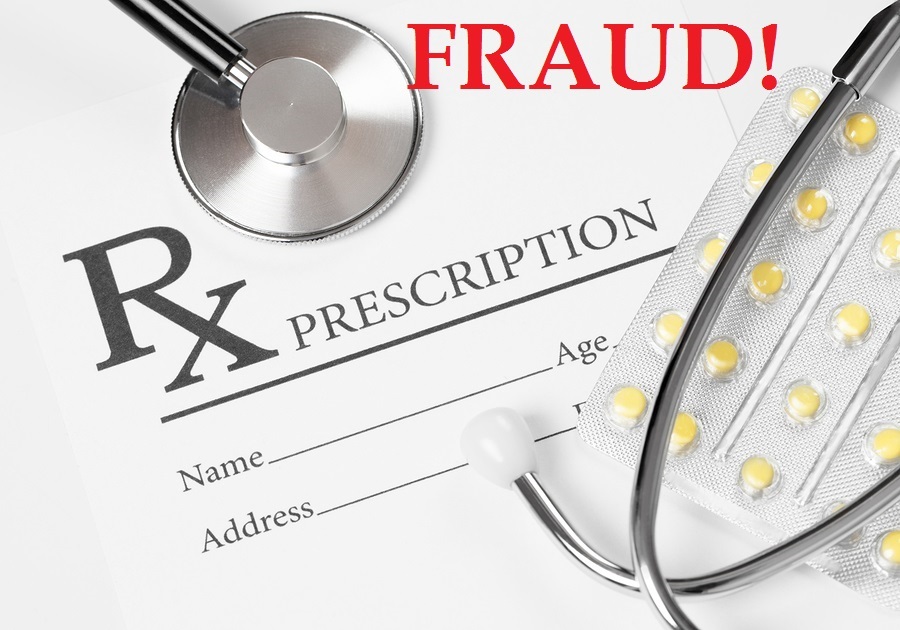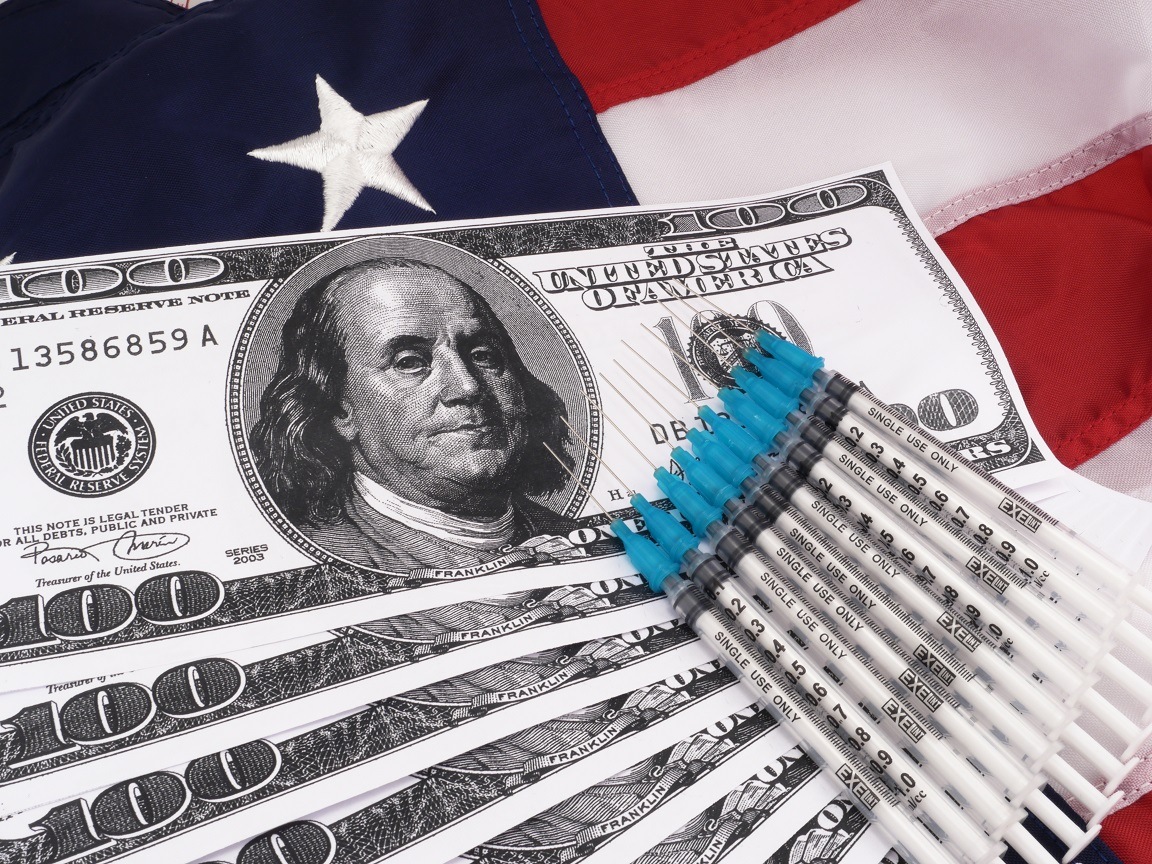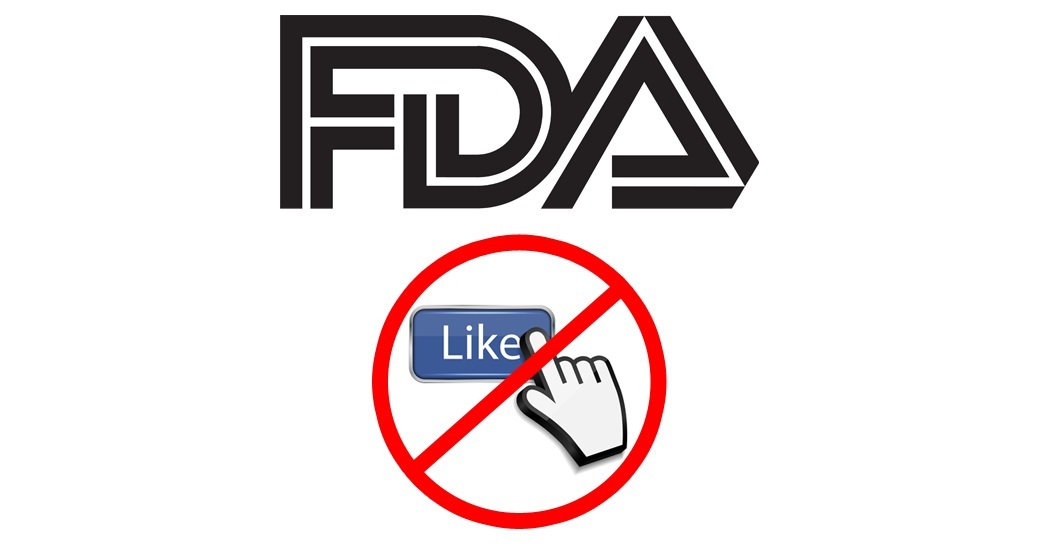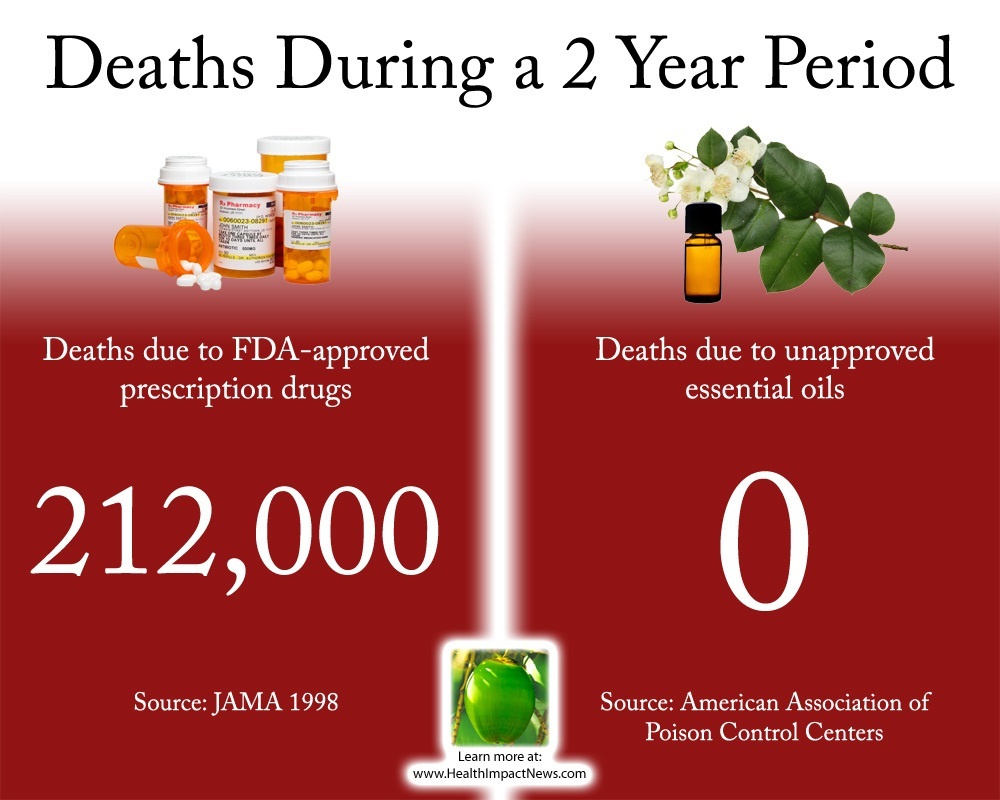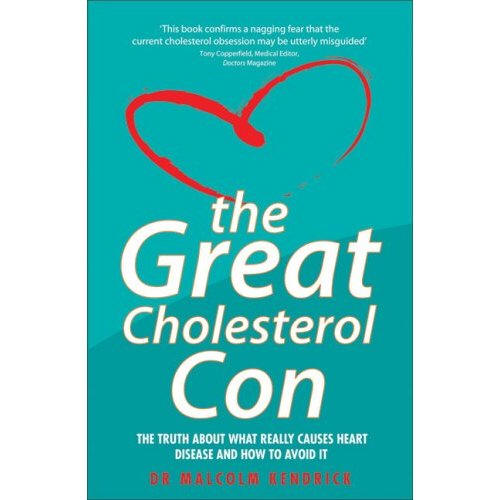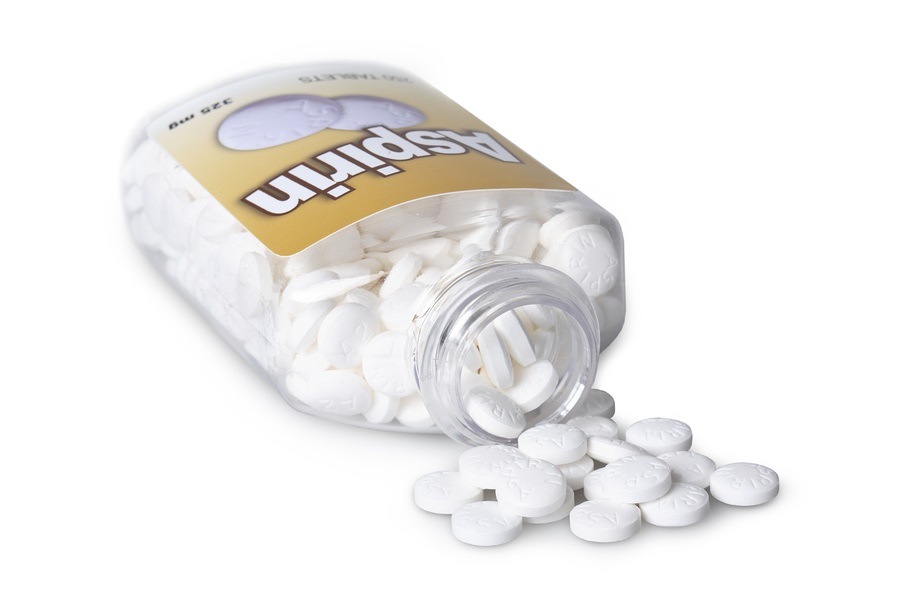Is Raw Milk Cheese About To Get The Axe?
Now it appears that Barack Obama’s FDA is going after our best domestic artisanal cheeses, also often made from raw milk. What is the stated rationale for this? The FDA and Health Canada issued a joint assessment claiming a higher incidence of listeriosis—the disease caused by the food-borne pathogen listeria—in cheese made from raw milk as compared to cheese made from pasteurized milk. Consider these facts about listeria. Recent evidence from the Centers for Disease Control and Prevention (CDC) shows that, between 2009 and 2011, cheese made from raw milk accounted for one listeria outbreak and fifteen illnesses, whereas cheese from pasteurized milk caused five outbreaks and thirty-six illnesses. Let’s put this in further perspective. The CDC determined that between 1993 and 2006, all raw milk products combined caused 202 hospitalizations and two deaths. If the FDA is truly motivated by food-safety concerns, why not take a more aggressive stance towards Concentrated Animal Feeding Operations (CAFOs), since contaminated meat and poultry sicken an estimated one million people and kill at least one thousand each year? If the FDA receives enough messages protesting the path they are clearly on to ban raw milk cheese, they will likely back off for fear of offending Congress, which has to listen to the voters—so please take action on this issue!







